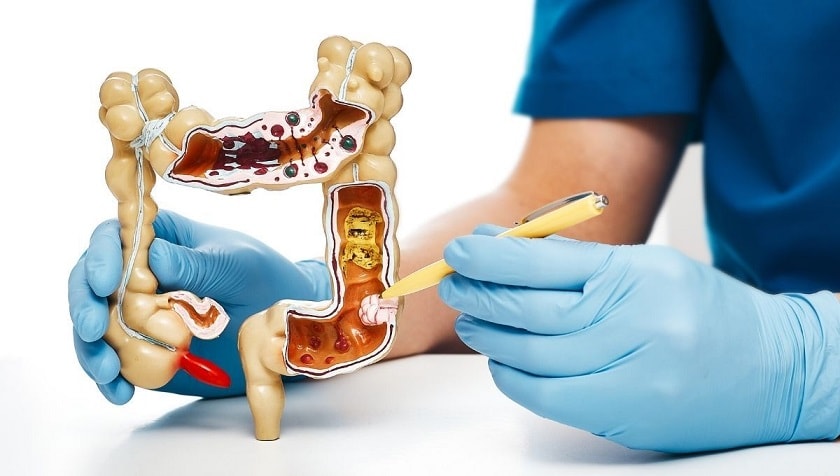There can be a variety of reasons why your child may have a sore tummy like:
- Reflux
- Coeliac disease
- Constipation
- Bowel issues
- Food intolerances / irritable bowel syndrome
- Functional / benign abdominal pain or
- Less commonly Crohn's disease and colitis.
If your child’s sore tummy persists and it is impacting their wellbeing, it is best to seek medical advice.
The rise of coeliac disease in children
We are seeing more children with coeliac disease than ever before in the western world, which is still a puzzle, but is thought to be a combination of our genetic make up, evolving lifestyles and diets as well as the gut microbiome which interacts with our immune system.
Currently one in 80 to 100 people have coeliac disease in the western world.
At times, it is not easy to diagnose coeliac disease, particularly if your child does not have classical symptoms. For the initial blood test, children need to be eating gluten to make some meaningful interpretation of the blood test.
Unfortunately, many people go off gluten before any medical advice when they think they have coeliac disease, which can make it hard to diagnose the condition.
Coeliac disease is a lifelong condition where people cannot have any gluten.
Unfortunately, there are people who think that gluten is causing them stomach issues and they stop eating it, but they may in fact have something else, like a wheat allergy, food intolerance or irritable bowel syndrome.
The most accurate way to find out what is causing a stomach issue is for the doctor to keep good historical records, including dietary history, a physical examination including monitoring weight and height, and if unclear to undertake medical testing to ensure the right diagnosis and management of a condition.
Reflux in babies
The other common issue we see is babies with reflux and generalised unsettledness.
If your baby is constantly suffering from irritability, vomiting, sleep disturbances, little weight gain or abnormal stools, medical investigation may be required.
Such symptoms could mean your baby is suffering from reflux or may have a milk protein intolerance, which can increase reflux symptoms – which is why it is important to seek medical assistance.
If your baby has acid reflux for more than four to six weeks, weight gain issues, diarrhoea, sleep disruption or any concerns, it is best to seek medical advice.
Usually reflux is only short term, but in some situations it may be the symptom of something else and need investigating if it is troublesome.
When to seek medical advice
While sore tummies can be a common complaint there may varying reasons for the cause and it is best to see a general practitioner if the problem persists.
In some cases a general practitioner will refer your child to a paediatric gastroenterologist, who diagnose and treat babies and children with gastrointestinal tract, liver and pancreas issues.








